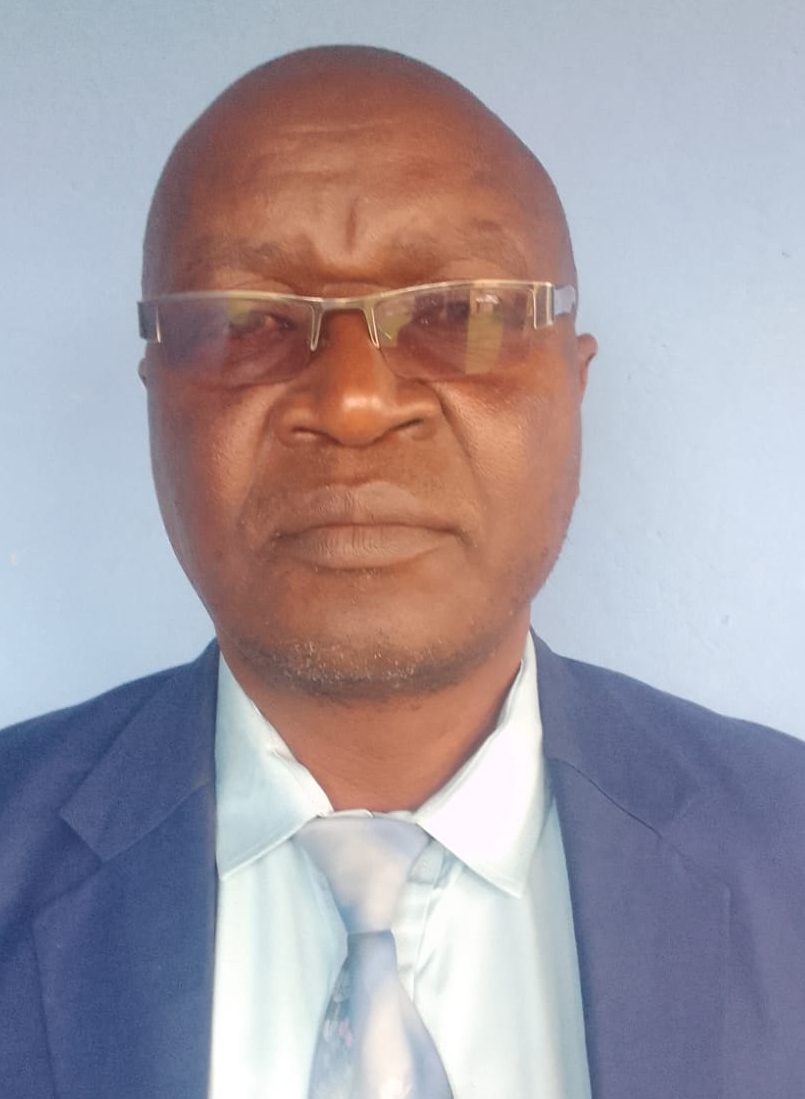Teaching is not just a profession—it is a divine vocation, a sacred duty that breathes life into dreams and shapes the moral and intellectual foundation of society. A teacher is the silent architect of a nation’s destiny, guiding generations through the corridors of knowledge and wisdom. Every society rises or falls on the shoulders of its teachers. Their attitude, integrity, and discipline become the invisible curriculum that learners internalize long after the chalk dust settles. Yet, despite this noble responsibility, the teaching profession often faces threats from within—acts of unprofessional conduct that erode public trust and stain the dignity of education.
Professionalism in teaching is more than an attractive label; it is a lifelong commitment to excellence and ethical behavior. It encompasses how a teacher speaks, dresses, prepares, relates, and performs. It is reflected not only in academic competence but also in moral uprightness. A professional teacher embodies honesty, humility, diligence, and care. Such teachers walk into classrooms as role models—mirrors through which learners see what responsibility, discipline, and respect look like in action.
When a teacher is professional, everything about them commands admiration. They communicate effectively, plan lessons with precision, and treat each learner with fairness. Their tone of voice encourages, their conduct inspires, and their presence motivates. Professional teachers understand that they teach not just subjects but values; not just knowledge but character. They know that education is not only about producing grades—it is about producing people of purpose and integrity.
However, professionalism does not come automatically with training. It requires a deliberate cultivation of good habits and a rejection of behavior that lowers the dignity of the profession. Teachers who exhibit unprofessional traits—lateness, absenteeism, unethical behavior, or lack of preparation—project an image of carelessness and indifference. They become poor examples to their learners, breeding a culture of mediocrity. When the teacher’s image is tainted, the profession’s moral authority collapses, and the ripple effects are felt far beyond the classroom walls.
ALSO READ:
Sotik MP raises alarm as defilement cases surge, calls for action
The first mark of a professional teacher is discipline. Punctuality is a silent language that communicates commitment. A teacher who reports to school on time, attends lessons promptly, and meets deadlines consistently earns automatic respect. Time management, though simple, is the foundation upon which all professionalism rests. When teachers arrive late or miss classes, learners interpret that as permission to do the same. Thus, professionalism begins with self-discipline—a personal resolve to honor time and duty.
Appearance also matters deeply. Dressing decently and maintaining cleanliness reflect self-respect and institutional pride. A teacher’s dressing is a visual statement that learners read before a single word is spoken. Neatness, moderation, and modesty command respect, while carelessness and indecency lower the image of the teacher and the school. In the teaching profession, appearance is not vanity—it is a form of silent communication that reinforces authority, trust, and decorum.
Another defining quality of professionalism is ethical integrity. A teacher’s power lies not in authority but in trust, and trust is built on moral consistency. Upholding the Teachers Service Commission (TSC) Code of Conduct, respecting confidentiality, and maintaining appropriate relationships with learners are non-negotiable pillars of professionalism. A teacher who engages in favoritism, corruption, or immorality destroys not only their reputation but also the credibility of the entire profession. Once integrity is lost, respect follows it to the grave.
Equally vital is effective communication. The way a teacher speaks—to learners, colleagues, and parents—reveals their level of professionalism. Professional teachers use language that uplifts, not language that wounds. They avoid insults, sarcasm, or gossip. Their tone is firm but kind, authoritative yet approachable. Communication is the bridge between instruction and inspiration; when it collapses, learning loses meaning.
Commitment to growth also defines professionalism. A teacher who stops learning stops leading. The modern classroom demands creativity, technological literacy, and adaptability. Teachers who attend workshops, read widely, and embrace innovation remain relevant and respected. On the other hand, those who resist change or cling to outdated methods appear rigid and unmotivated. Continuous professional development is not a luxury—it is the heartbeat of excellence.
Professionalism also shines through preparedness and organization. Every lesson should be carefully planned and delivered with purpose. Teachers who maintain updated schemes of work, lesson notes, and assessment records demonstrate accountability. Disorganization and last-minute improvisation send a dangerous message of laziness and lack of seriousness. Professional teachers are meticulous planners; they enter classrooms not to fill time but to fulfill purpose.
ALSO READ:
KJSEA 2025 Exams conclude today with Social Studies and Religious Education papers
Beyond the classroom, professionalism extends into personal conduct. Society watches teachers closely because they shape the minds of the next generation. What teachers do in public reflects back on the institution they represent. A teacher who behaves recklessly in society—engaging in scandals, drunkenness, or public misconduct—tarnishes the image of the profession. A teacher’s life must therefore remain consistent with the values they teach. Integrity at home, in the community, and in private spaces sustains the dignity of the calling.
At the same time, relationships within the school environment reveal professionalism. Respect for colleagues, learners, and administrators promote harmony and collaboration. Professional teachers avoid unnecessary conflicts and office politics. They know that mutual respect strengthens the teaching community and enhances productivity. Disrespect, gossip, or arrogance, on the other hand, create toxic environments that hinder progress.
However, to understand professionalism fully, we must also confront what destroys it. Unprofessional conduct manifests in many subtle but damaging forms: habitual lateness, laziness, negative attitudes, unethical relationships, or disregard for institutional rules. Teachers who fail to mark learners’ work, misuse school time, or neglect duties undermine the trust of parents and learners alike. The moment a teacher stops caring, the classroom loses its heartbeat.
The damage caused by unprofessional behavior cannot be overstated. It weakens school discipline, lowers academic performance, and erodes public confidence in the education system. Learners mirror their teachers; when teachers display apathy or indiscipline, learners absorb it as normal behavior. Society’s moral decay often begins in classrooms where professionalism is absent.
Professionalism, therefore, is not a garment worn only at school—it is a way of life. It follows the teacher beyond the gate, defining how they think, act, and influence others. It is seen in humility, diligence, honesty, and respect. It is the quiet force that earns admiration and builds legacies. When professionalism thrives, teaching becomes more than a job—it becomes a ministry of transformation.
In the end, the true measure of a teacher’s success lies not in exam results but in the lives they touch, the values they nurture, and the character they build. Professional teachers light candles of wisdom that burn long after they are gone. They sow seeds of integrity that grow into forests of leadership. They mold the moral clay from which great nations are built.
Let teachers, therefore, rise above mediocrity and recommit themselves to the ideals of professionalism. Let them guard their image with the same zeal they protect their lessons. For when teachers walk tall in integrity, the entire nation stands taller. The chalk in their hands is not mere dust—it is the powder of destiny. The classroom is not a room—it is a sanctuary of transformation.
Indeed, the greatness of a nation is not written in its wealth or weapons, but in the wisdom and professionalism of its teachers.
By Hillary Muhalya
You can also follow our social media pages on Twitter: Education News KE and Facebook: Education News Newspaper for timely updates.
>>> Click here to stay up-to-date with trending regional stories
>>> Click here to read more informed opinions on the country’s education landscape






